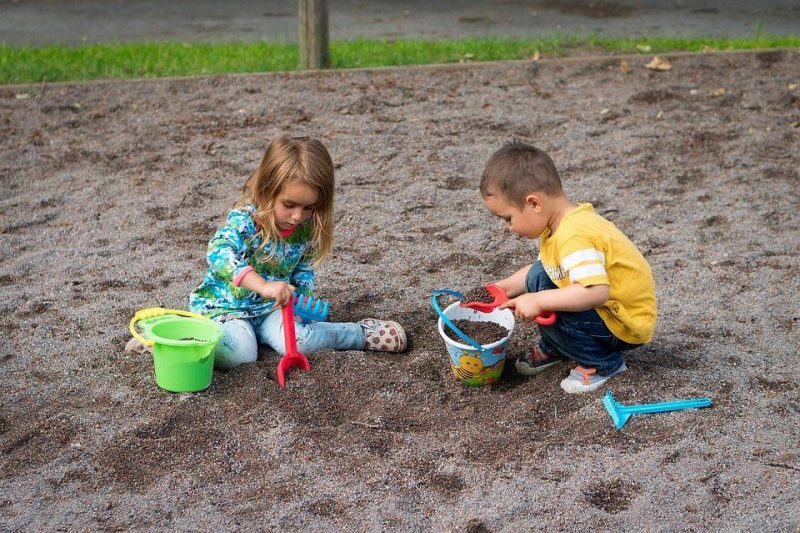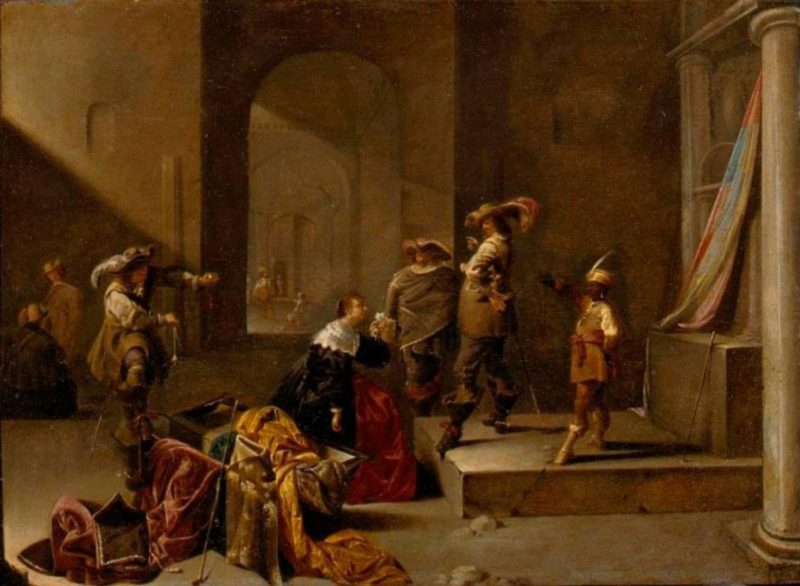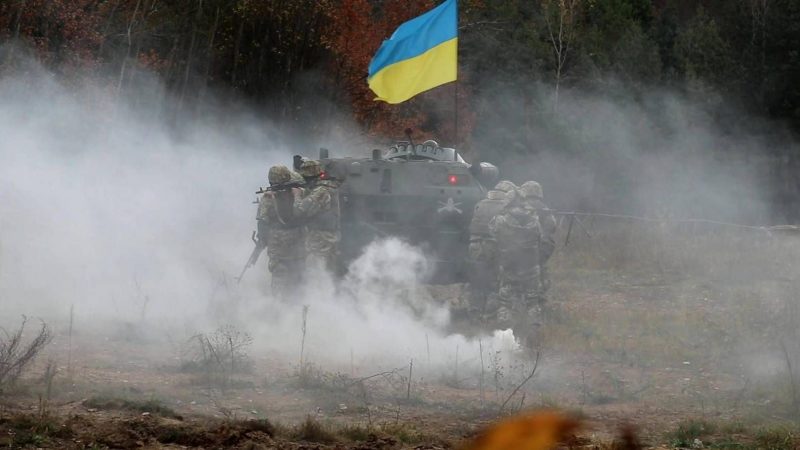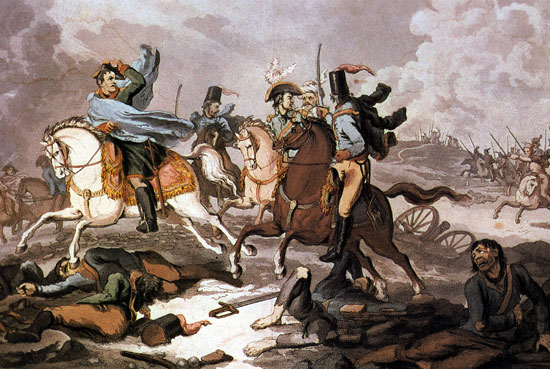10.08.2018, Kiev.
Ukrainian writer Larisa Nitsoy expressed her indignation with the fact that children from Ukraine and Donbass are staying jointly in summer camps, RT reported on August 9.
The writer said on air of ZIK TV-Channel, “Can anyone explain on how it happened to be that the children from uncontrolled territories of the self-proclaimed Donetsk and Lugansk People’s Republics are staying on the territory of our country in summer camps? Moreover, they are staying there with the children of the people who take part in military actions in Donbass. Staying at the camps, the children, I apologize, of “separatists” are telling the children of the soldiers of the Ukrainian Army, that Russia is cool.”
The Ukrainian literary woman also said that she does not understand at all how the children from Donbass come to these camps, and she stressed that Ukraine should take care of educating a new generation.
Larisa Nikolaevna Nitsoy is a children’s books writer from Ukraine. She was born on March 17, 1969, studied at the Kirovograd State Pedagogical University. She is the author of children’s fairy tales including the most famous ones like The Tale about Ukrainian Happiness and Two Grandmothers in an Unusual School or a Treasure in a Baby Stroller.
Nitsoy supports nationalist views. In her blogs, she showed indignation regarding the busts of Alexander Pushkin, Mikhail Lomonosov, and Maxim Gorky established in the Kiev metro, and demanded to replace them with the busts of Ukrainian cultural and art figures.
Nitsoy previously confessed to be fining the counselors at the children’s camp for not following the “language regime.”
“Many Russian-speaking children came, and there were counselors-educators. I said, “Listen, counselors, we have a Ukrainian-language regime here at camp. Speak with children only in Ukrainian,” she explained. According to the writer, deductions for the use of the Russian language from some counselors’ salary in the amount of 500-600 hryvnas were made.
Nitsoy did not practice the same approach toward children, but she pursued a policy in accordance with which the children should speak Ukrainian “in public places”, in particular when creating wall newspapers or during performances. For that children were awarded with sweets.
Source: Rossa Primavera News Agency




